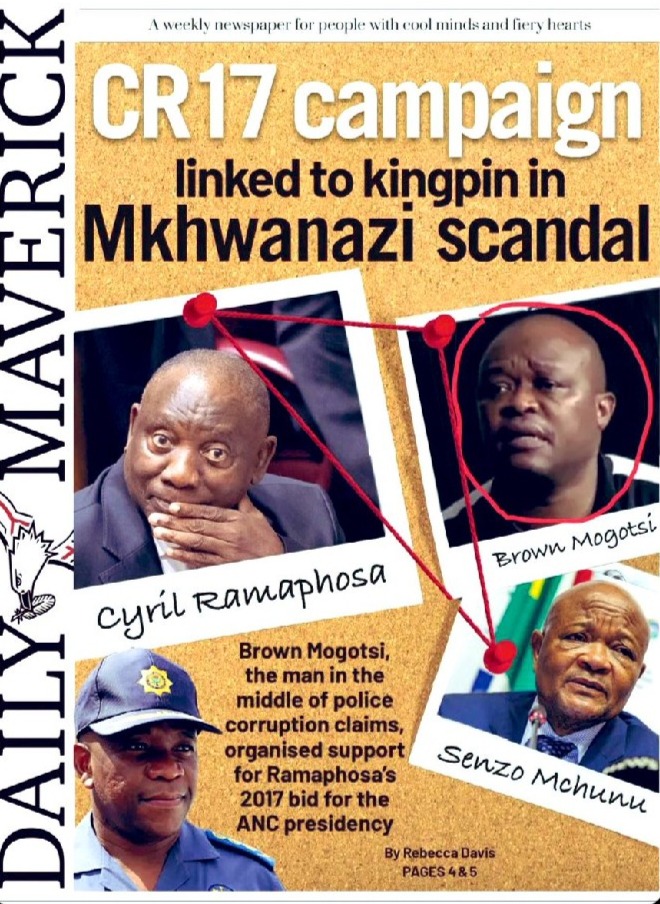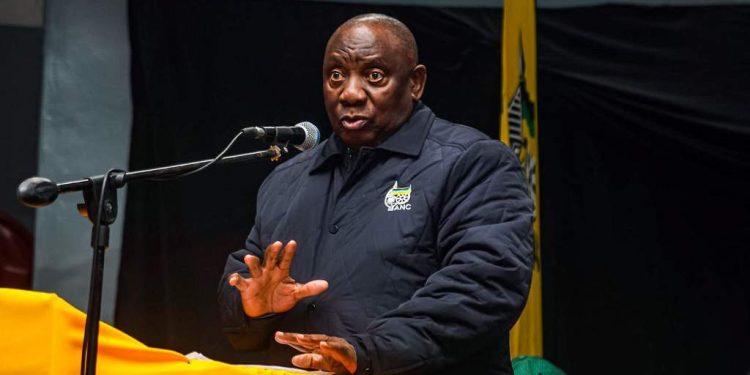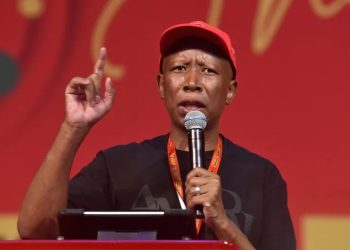A corruption scandal threatening to shake the foundations of South Africa’s criminal justice system has now reached the doorstep of President Cyril Ramaphosa’s CR17 campaign, with allegations that a central figure in the KwaZulu-Natal police corruption saga played a financial role in the 2017 ANC presidential campaign.
According to emerging reports and sources close to ongoing investigations, one of the alleged kingpins implicated in the explosive corruption allegations involving KwaZulu-Natal Police Commissioner Lieutenant-General Nhlanhla Mkhwanazi had ties to business entities that contributed to the CR17 campaign. The alleged kingpin, whose name is being withheld pending formal charges, is accused of using political connections to secure irregular contracts and influence police appointments across the province.
This revelation has deepened public mistrust in the integrity of both the police and the ruling party, as the National Council of Provinces (NCOP) continues grilling Commissioner Mkhwanazi over systemic corruption, fraudulent procurement practices, and the silencing of whistleblowers within the ranks.

While there is no indication that Ramaphosa personally knew the individual in question, opposition parties have demanded full disclosure of all CR17 campaign donors and links to public sector tenders. Democratic Alliance (DA) spokesperson on police oversight, Okkie Terblanche, said, “This is no longer just a policing matter. It has far-reaching political implications. If any part of the CR17 campaign was funded through proceeds of corruption, the public deserves to know.”
The Presidency has not yet commented on the latest revelations, though insiders suggest Ramaphosa may address the matter in an upcoming ANC National Executive Committee (NEC) meeting. The ANC has previously resisted calls to disclose full details of CR17 campaign funding, citing donor privacy.
This development adds further political pressure on Ramaphosa, who is already grappling with factional battles inside the ANC and declining public confidence in state institutions. Meanwhile, civic groups and anti-corruption watchdogs have renewed calls for a full independent inquiry into the funding of internal ANC campaigns and their possible entanglement with state capture networks.
As investigations widen, the line between party politics and institutional corruption appears increasingly blurred, raising urgent questions about accountability at the highest levels of leadership.






















